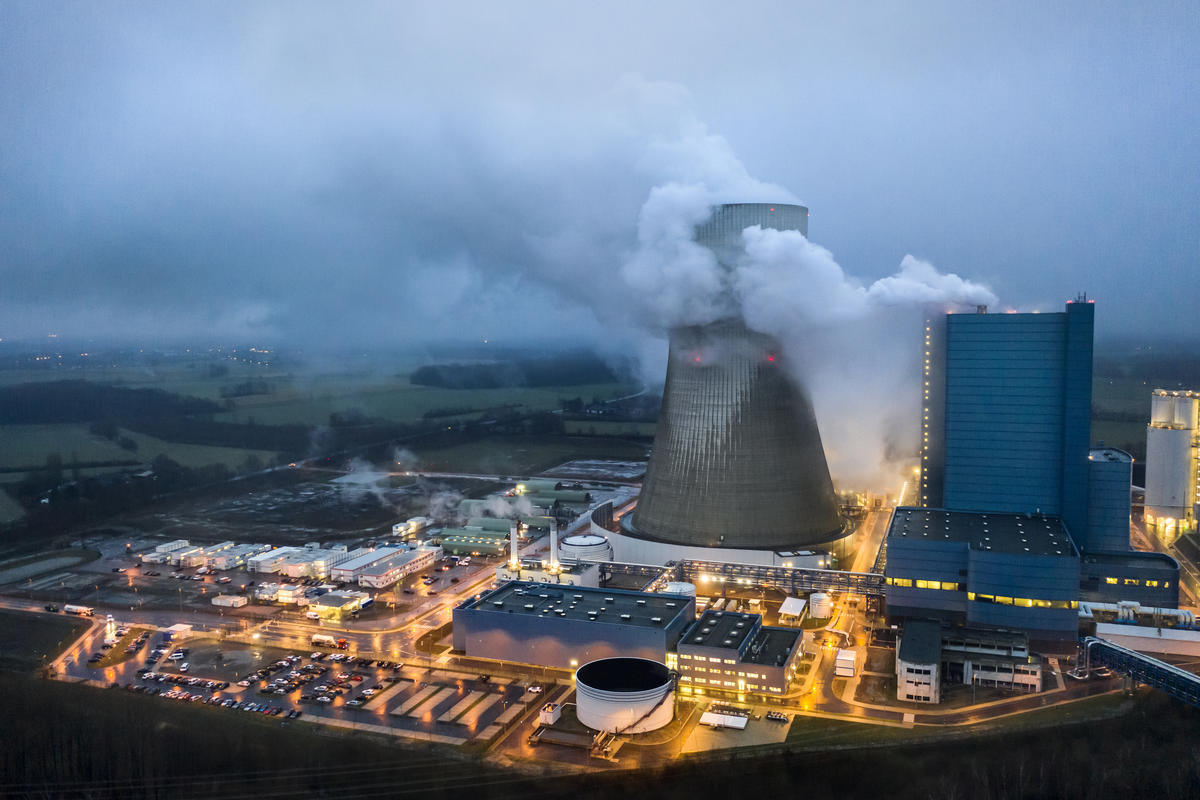Burning gas, a fossil fuel, is one of the causes of climate change.
Gas is burned for heating and to create electricity. It’s central to energy production in many parts of the world, including in Europe.
The UK is heavily dependent on gas, and doesn’t have much storage. So disruptions in supply can cause huge rises in the price of gas – and therefore home energy bills.
The good news is that there are many clean alternatives to gas, for both home heating and electricity.
Here’s everything you need to know.
What is natural gas?
Gas, sometimes called “natural gas” or methane, is a fossil fuel that’s burned to produce heating and electricity. Burning gas accounts for around a quarter of electricity created around the world. It’s transported through pipelines or made into liquid and sent by ship.
Gas is found in pockets under the earth’s surface, and is extracted, like oil, through drilling. It’s often called “natural” gas by the industry to make it seem more environmentally-friendly. But it’s still a fossil fuel that, like oil and coal, is causing climate change.




